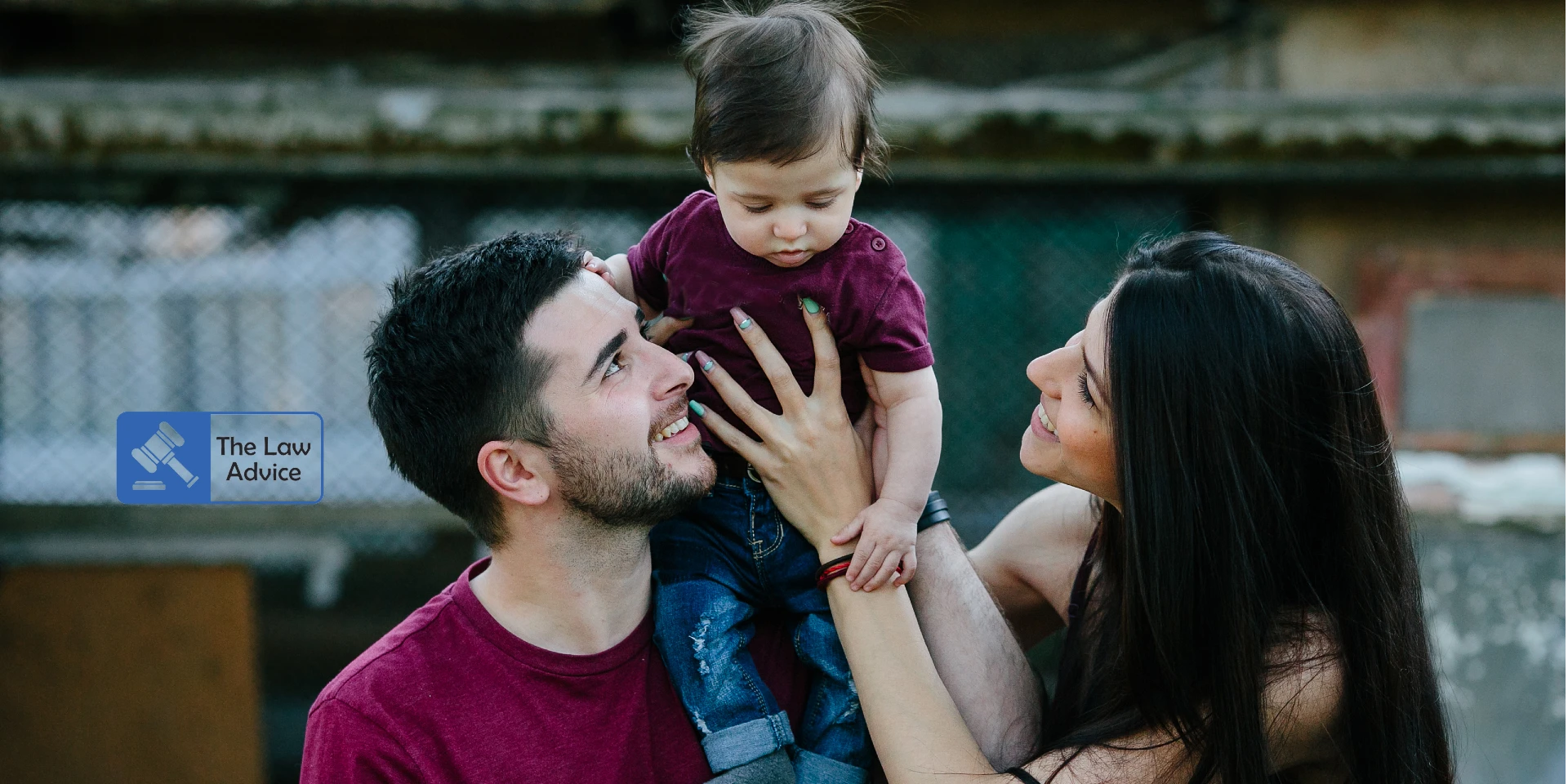Legal Process of Child Adoption
Introduction
The desire to be called “Mom” or “Dad” is one of the most heartfelt longings shared by many across the world. Parenthood is not just a biological journey—it's an emotional and spiritual bond. But for some, this joy doesn’t come through natural means. In such cases, adoption offers a beautiful and meaningful alternative, turning longing into love and families into reality.
Recognizing the importance of providing every child with a loving home and secure future, the Indian government has established a structured legal framework for adoption. This system ensures that the process not only protects the rights of the child but also supports the individuals or couples who wish to embrace parenthood through adoption.
In this article, we delve into who can adopt a child in India, what the legal process entails, the types of adoption permitted, and the rights and responsibilities that come with it.
Why People Choose to Adopt
Adoption is often chosen by:
- Couples who are unable to conceive children.
- Working professionals who may prefer adoption to biological parenthood.
- Families with only one child seeking to expand their family.
Adoption offers a noble opportunity—not only to complete a family but also to give a child a loving and secure home.
Types of Adoptions Recognized in India
India recognizes six types of adoptions, each with specific conditions and degrees of openness:
- Open Adoption
The adopted child can access all adoption-related documents after turning 18. The biological mother always retains the right to meet and visit the child, subject to the adoptive parents’ consent. - Semi-Open Adoption
The biological mother can choose the adoptive parents before adoption but loses the right to meet the child afterward. - Closed Adoption
There is no direct or indirect contact between biological and adoptive parents before or after adoption. The identities of both parties are always kept confidential. - Intra-Family Adoption
Adoption within extended families or relatives. - Domestic Adoption
Both biological and adoptive parents are citizens of the same country—India. - International Adoption
Adoptive parents from a different country (Other than India) adopt a child from India.
The Legal Procedure of Adoption in India
The Central Adoption Resource Authority (CARA), under the Ministry of Women and Child Development, Government of India, regulates and oversees all legal adoptions.
Following are the main steps involved in adopting a child in India:
- Online Registration
Prospective parents will have to register on the official CARA website: www.cara.nic.in. Additionally, they must approach a CARA-authorized adoption agency. - Document Submission
Applicants are required to upload documents such as: - Proof of income
- Health and marriage status
- Age and address proof
Once verified, the application moves forward. - Home Study & Counseling
A social worker conducts a home visit and counseling session to assess the emotional, financial, and physical preparedness of the adoptive parents. The report is valid for three years. - Child Matching & Acceptance
Once a child is found suitable, details are shared with the prospective parents. Upon acceptance, legal formalities begin. - Legal Petition
The adoption agency submits a petition before the District Child Welfare Committee or Juvenile Court for final legal approval. - Birth Certificate & Registration
After all the legal approvals, the adopted child receives a new birth certificate in the name of the adoptive parents. The adoption certificate is also registered officially.
Eligibility Criteria for Adoption
- A child can be adopted from any part of India, but inquiries are conducted by the local agency where the adoptive parents reside.
- There must be a minimum age gap of 21 years between a single parent and the child.
- A couple must have been in a stable and continuous marriage for at least two years.
- Single women can adopt either a boy or girl. Single men are only allowed to adopt boys.
- Persons of any religion, Non-Resident Indians (NRIs), and even foreign nationals may adopt under the Juvenile Justice (Care and Protection of Children) Act, 2015.
- Differently-abled persons are also eligible to adopt depending on the nature and degree of their disability.
- LGBTQ+ individuals may adopt as single parents, although not currently recognized as adoptive "couples" under Indian law.
- Families with three or more children are generally ineligible, unless under special circumstances.
Documents Required for Adoption
- Government-issued ID (Aadhar, PAN, Passport, Voter ID, etc.)
- Birth Certificates of adoptive parents
- Income proof
- Medical fitness certificates
- Address proof
- Family photograph
- Marriage certificate
- Letter of consent from a relative in case of single parent
- Two references (non-relatives) who know the family well
Legal Rights of the Adopted Child
Once adopted, the child acquires all legal rights equivalent to that of a biological child in the adoptive family.
- All inheritance rights and property claims of the child transfer to the adoptive family.
- The child loses all legal ties to their biological parents unless the adoption is “open” and allows specific interactions.
Conclusion
The adoption process in India may seem complex, but this complexity is intentional—it ensures that every adopted child receives not only a family but also legal protection, dignity, and a fair opportunity to thrive.
Adoption is not only a legal formality; but it is a lifelong commitment filled with love, responsibility, and compassion towards the child and the parents. By following the legal route, prospective parents can ensure a secure and joyful future—for themselves and for the child they welcome into their hearts.

